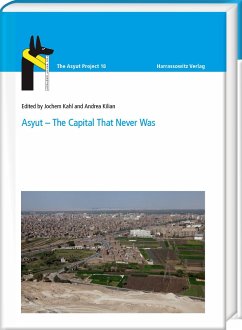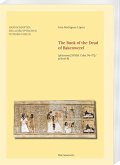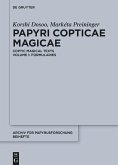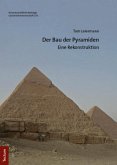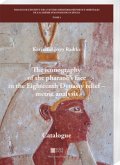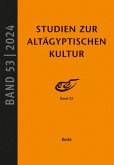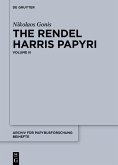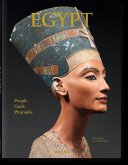This volume introduces latest research on the necropolis of ancient Asyut and a broad spectrum of different topics. It opens with a deep insight in the long history of the ancient town of Asyut and its different functions throughout history, followed by a contribution highlighting the connections between the city and the oases of Kharga and Dakhla via the Darb el Arba'in, the ancient caravan route through the Western Desert. Research on the temple of Wepwawet, chief deitiy of Asyut, closes the section on the ancient town itself. Turning to the necropolis on Gebel Asyut al-gharbi, an as yet unpublished tomb of a high official of the late 11th/early 12th Dynasty is presented, followed by contributions on material culture including an in-depth analysis of a statue head found during recent fieldwork, an iconographical study on the depiction of wedjat-eyes on Asyuti coffins of the First Intermediate Period and the Middle Kingdom; the detailed analysis of a hitherto unpublished coffin and a study on the "Book of the Two Ways" inscribed on another coffin from Asyut. Objects discussed include wooden models and their correlation with wall decoration, latest finds of pottery offering trays and first results of the examination of Asyuti stone offering tables. New Kingdom and Late Period finds are discussed in an article with new information on ushebtis from the collections of Sayed Bey Khashaba and the Museo Gregoriano in Città del Vaticano, and in a typological analysis of faience chalices with a focus on recent finds of The Asyut Project. The volume closes with a hitherto unpublished copy of spell 72 of the Book of the Dead that is inscribed on the early Ptolemaic mummy cartonnage of Padiamun found during fieldwork and an article that details Christian tomb stelae and the special local Asyuti formulae used for inscribing them.
Bitte wählen Sie Ihr Anliegen aus.
Rechnungen
Retourenschein anfordern
Bestellstatus
Storno

